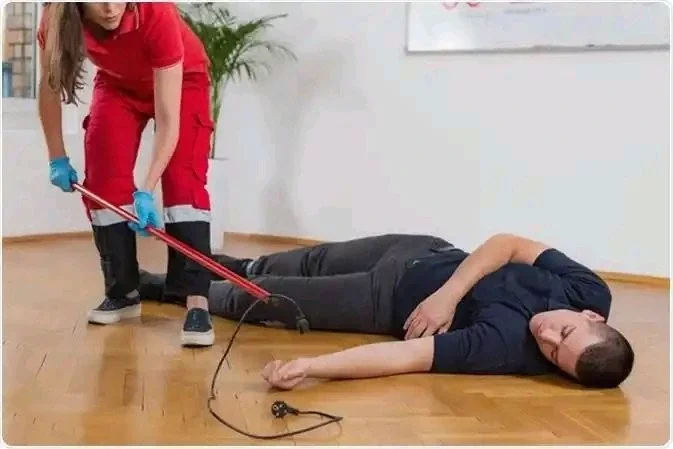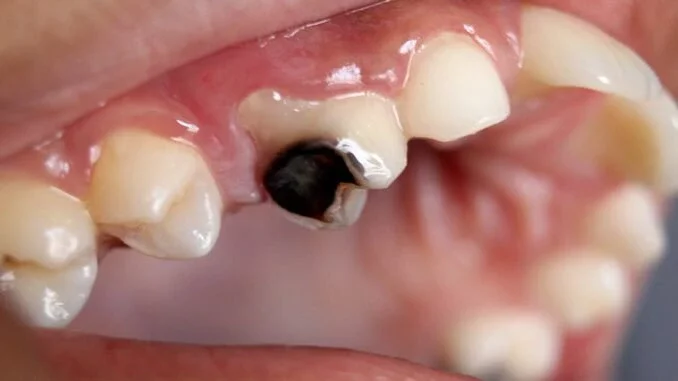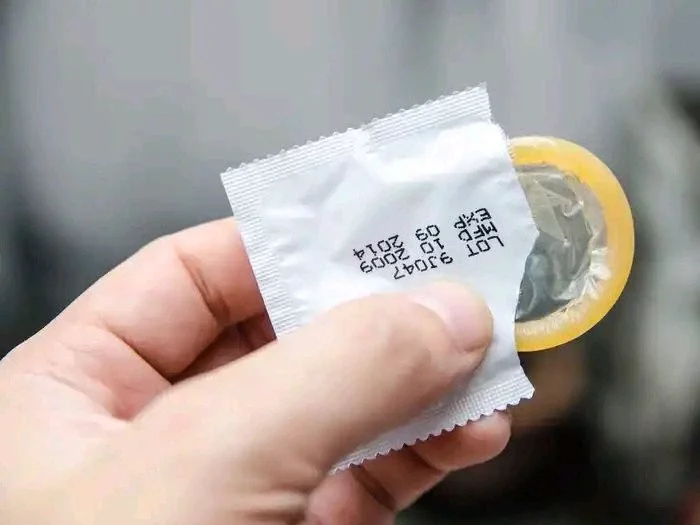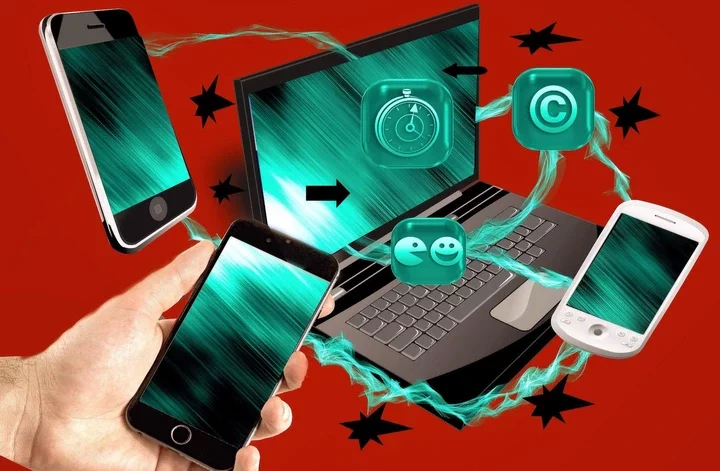Electricity is a powerful force that is an integral part of our daily lives. However, it can also be incredibly dangerous and potentially life-threatening if not handled with caution. When a person gets electrocuted, immediate action is crucial to minimize potential harm and ensure their safety. In this article which is in accordance to medicalnewstoday, we will discuss what should be done immediately if a person gets electrocuted.

1. Ensure Personal Safety
Before providing any assistance to the victim, it is essential to consider your own safety. Avoid touching the person while they are in contact with the electrical source, as there is a high risk of getting shocked yourself. Always prioritize your well-being and take necessary precautions before attempting to help others.
2. Disconnect the Power Source
The first step in assisting an electrocuted person is to remove them from the electrical source. If possible, promptly turn off the power to the area using the main switch or circuit breaker. In some cases, it may be necessary to use a non-conductive object, such as a wooden pole or a dry cloth, to separate the person from the power source without physically touching them.
3. Call for Emergency Assistance
Once the person is no longer in contact with electricity, immediately call for emergency medical assistance. Dial the emergency services helpline number in your country or region, and clearly communicate the situation. Remember to provide accurate information, including the location, details of the incident, and the person's condition.
4. Assess the Person's Condition
While waiting for medical professionals to arrive, assess the electrocuted individual's condition. Check for responsiveness by gently tapping their shoulder and asking if they are okay. If there is no response, check for breathing by observing their chest movement. If the person is not breathing or their breathing is irregular, immediate CPR (cardiopulmonary resuscitation) should be initiated.
5. Perform CPR if Necessary
Cardiopulmonary resuscitation is a life-saving technique performed to restore blood circulation and oxygenation in cases of cardiac arrest. If the electrocuted person is not breathing or their breathing is not normal, it is crucial to start CPR right away. This involves performing chest compressions and rescue breaths. If you are unfamiliar with CPR techniques, follow the instructions provided by the emergency services operator until help arrives.
6. Do Not Touch Burnt or Damaged Areas
Electrocution often results in burns on the victim's body. It is essential not to touch any burnt or damaged areas as they can be highly sensitive and prone to infection. Keep the person as comfortable as possible and reassure them that help is on the way. Avoid applying creams, ointments, or homemade remedies to the burns, as they may exacerbate the injury.
7. Prevent Hypothermia
In some cases of electrocution, the person's medical condition may deteriorate rapidly. This can lead to shock and potentially result in hypothermia. To prevent this, cover the electrocuted individual with a warm blanket or clothing, ensuring their body temperature remains stable until medical help arrives.
8. Stay with the Victim
During the waiting period, it is essential to stay with the person who has been electrocuted and provide reassurance. Even if they are unresponsive, your presence can be a source of comfort. Continue monitoring their vital signs, such as breathing and pulse, so you can accurately provide updates to the emergency medical team upon their arrival.
9. Do Not Give Food or Drink
It is crucial to refrain from giving any food or drinks to the electrocuted person. They may require immediate medical intervention or surgery, and administering food or liquids can interfere with these procedures or potentially choke the individual. Allow medical professionals to assess and treat the person accordingly.
10. Follow Medical Advice
Once emergency medical services arrive, explain the situation in detail, including the actions taken before their arrival. Act as a helpful informant to ensure the victim receives the best possible care. Follow the instructions provided by the medical personnel and comply with the treatment plan they provide. Answer any questions they may have accurately and truthfully.
knowing what to do immediately if a person gets electrocuted can greatly increase their chances of survival and minimize long-term damage. Prioritize personal safety, disconnect the power source, call for emergency assistance, and provide basic first aid until professional help arrives. Remember, every second counts when dealing with electrocution, so act swiftly and calmly to ensure the best possible outcome for the victim.
















Comments